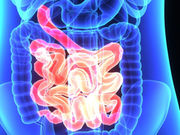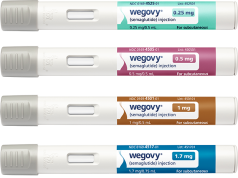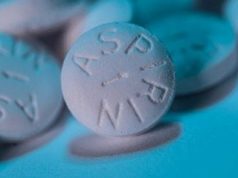In experimental study, no impact on colon tumorigenesis; may negatively impact liver repair
MONDAY, Nov. 7, 2016 (HealthDay News) — Weight loss following chemically-induced carcinogenesis is not beneficial for colon and liver carcinogenesis in a mouse model that mimics human obesity, according to an experimental study published in the Oct. 1 issue of the American Journal of Physiology-Gastrointestinal and Liver Physiology.
Kandy T. Velázquez, from the University of South Carolina in Columbia, and colleagues examined whether intentional weight loss through diet manipulation could mitigate colon and liver cancer. To mimic human obesity, mice were fed with a high-fat diet (HFD) for 20 weeks. Azoxymethane (AOM) was used to promote colon and liver carcinogenesis. To promote intentional weight loss, a subset of the obese mice were switched to a low-fat diet (LFD).
The researchers found that the mice with body weight loss and excess fat reduction had improved blood glucose and leptin levels, but were not protected from colon cancer progression and liver dysplastic lesions in the AOM-chemical-cancer model. In AOM-treated mice, intentional weight loss correlated with histological changes resembling dysplastic alterations in the liver; these mice also presented with a higher percentage of F4/80+CD206+ macrophages in the spleen and activated T cells in the lymph nodes. A marked increase in proliferation and pNF-κB activation was seen in the liver of AOM-treated mice exposed to HFD during the entire period.
“These data suggest that intentional weight loss following chemical-induced carcinogenesis does not affect colon tumorigenesis but may in fact negatively impact liver repair mechanisms,” the authors write.
Copyright © 2016 HealthDay. All rights reserved.








